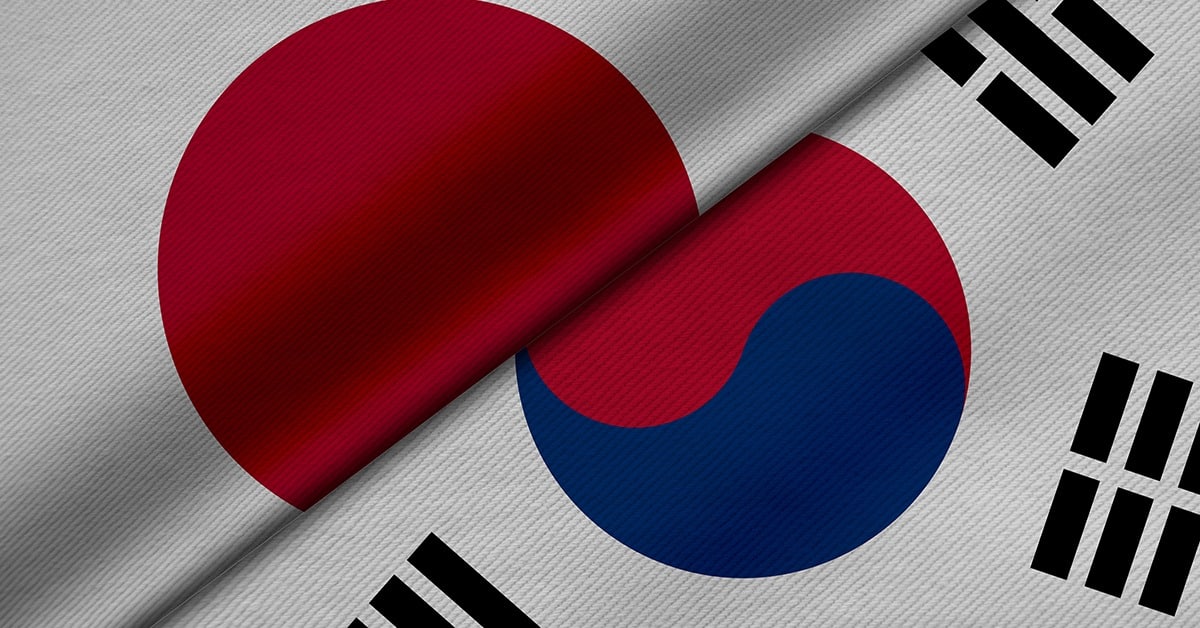Japanese Prime Minister Fumio Kishida and South Korean President Yoon Suk Yeol visited a memorial to Koreans killed when the first atomic bomb was dropped on the city 78 years agoyet fully normal diplomatic ties between Tokyo and Seoul still appear to be a long way off.

On the sidelines of last month’s G7 summit in Hiroshima, Japanese Prime Minister Fumio Kishida and South Korean President Yoon Suk Yeol visited a memorial to Koreans killed when the first atomic bomb was dropped on the city 78 years ago. Accompanied by their wives, they laid bouquets of white flowers and bowed their heads in unison. It was the first joint visit to the monument by leaders of the two countries, and the latest in a series of efforts by Yoon and Kishida to overcome the legacy of Japan’s brutal occupation of the Korean Peninsula from 1910 to 1945.
Yet fully normal diplomatic ties between Tokyo and Seoul still appear to be a long way off. At least on paper, the estrangement ended in 1965 with the Treaty on Basic Relations between the two countries, which included reparations for Japan’s colonial rule and an end to all compensation claims. Relations, however, never fully mended.
Previous governments have clashed over Japan’s apparent lack of remorse over its exploitation of forced Korean labor and sexual enslavement of thousands of girls and women in military-run brothels. An ongoing feud over ownership of the Liancourt Rocks Islands, a group of South Korean–administered islets halfway between the two countries, has only made matters worse.
Still, Yoon and Kishida, whose meeting at the G7 was their third this year, appear to understand that today’s rivals pose a greater risk than yesterday’s enemies. North Korea’s escalating nuclear threats and China’s expansive offshore territorial claims, buoyed by Russia’s war in Ukraine, are pushing US allies in the region closer together.
Electoral considerations play a role too, says Werner Pascha, of the University of Duisburg-Essen. “President Yoon has put a great deal of effort into reconciliation, at great risk for himself,” Pascha says. “His popularity ratings are low, and making conciliatory overtures toward Japan certainly does not help him with major groups within his conservative constituency.”
It is now up to Kishida to keep responding with bolder gestures, Pascha argues: “Some creativity on his part may be needed. I think this would be in Japan’s best strategic interest, while at the same time it would help Yoon with his pro-Japan course by allowing him to present some policy success to his constituents.”



